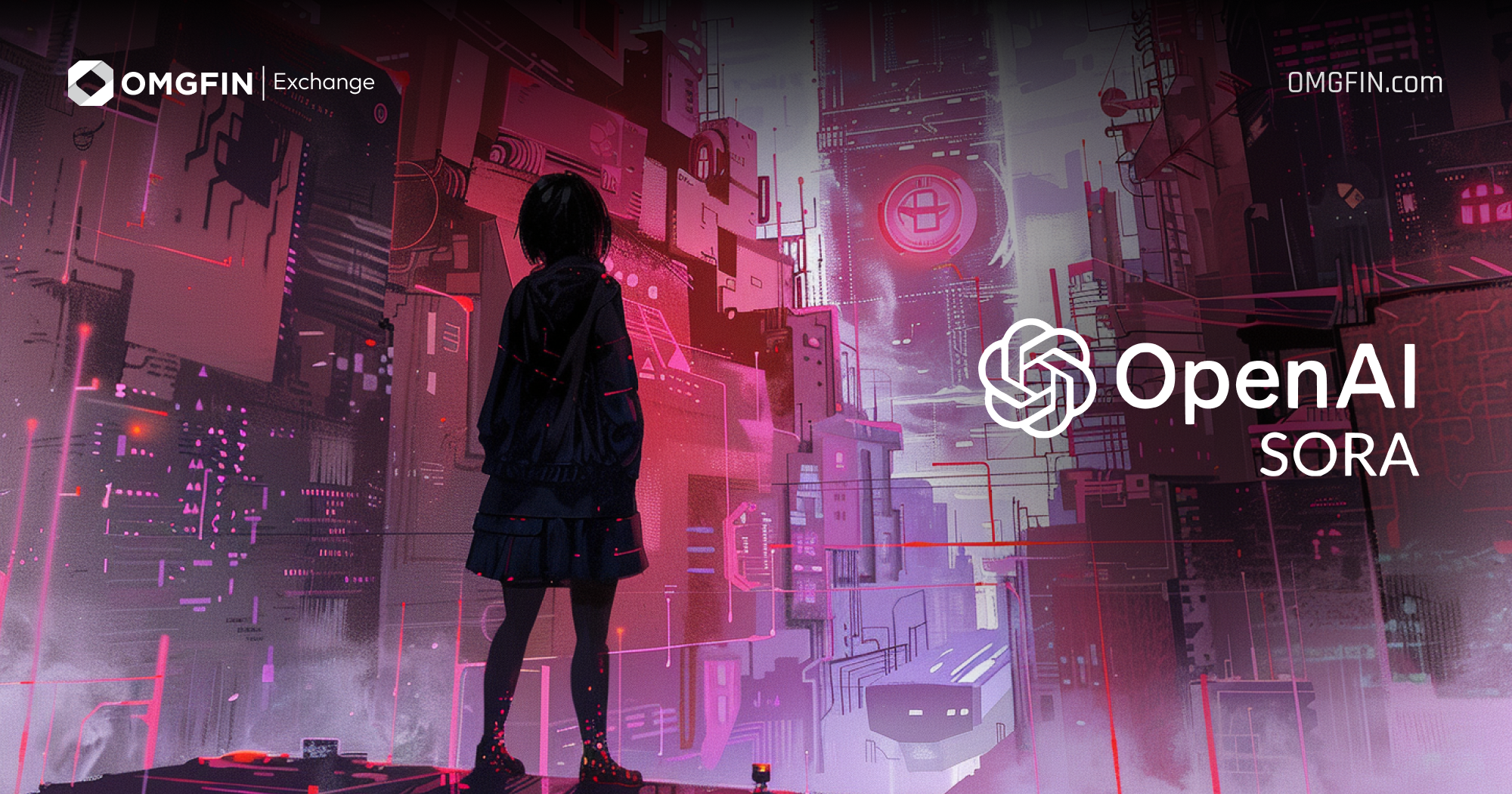OpenAI's Chief Technology Officer Offers Vague Responses on Sora Model's Data Source
Print
Modified on: Mon, 18 Mar, 2024 at 12:59 AM
Delve into the uncertainty surrounding OpenAI's upcoming video-generating AI model, Sora, as the company's Chief Technology Officer, Mira Murati, offers vague responses regarding its data source during an interview with The Wall Street Journal. Learn about the implications of unclear data origins and the legal challenges faced by OpenAI in relation to its AI models' training data.

OpenAI's CTO Provides Ambiguous Insights on Sora Model's Data Source
The data source of OpenAI's highly anticipated video-generating artificial intelligence (AI) model, Sora, has raised questions as the company's Chief Technology Officer, Mira Murati, offers vague responses during an interview with The Wall Street Journal. Murati's ambiguity regarding the origin of Sora's training data has sparked speculation and concerns within the AI community.
Uncertainty Surrounding Data Source
In the interview published on March 13, Murati's responses regarding the source of data for the Sora model were notably cryptic. When questioned about the data used for training Sora, Murati vaguely mentioned a combination of publicly available data and licensed data without providing specific details. This lack of transparency regarding the data source raises concerns about the integrity and reliability of the Sora model's training data.
Ambiguous Responses
Despite persistent inquiries from The Wall Street Journal regarding the specific sources of data, Murati remained evasive, stating uncertainty regarding the utilization of data from social media platforms such as YouTube, Instagram, or Facebook. Furthermore, when questioned about a potential partnership with Shutterstock, Murati refrained from disclosing detailed information about the data used for Sora's training, further contributing to the ambiguity surrounding the model's data source.
Legal Challenges and Scrutiny
OpenAI's opacity regarding the training data for its AI models, including Sora, has attracted legal scrutiny and raised concerns about copyright infringement. The company has faced multiple lawsuits alleging copyright violations, including claims that its chatbot models, such as ChatGPT, generate summaries based on copyrighted content without proper authorization. Additionally, allegations of scraping private user information without consent for training purposes have intensified legal challenges for OpenAI.
Mira Murati's Role and OpenAI's Legal Battles
As OpenAI's Chief Technology Officer since 2018, Murati has played a pivotal role in spearheading various projects, including image generator Dall-E 3, speech-recognition tool Whisper, and the latest iteration of the company's chatbot, ChatGPT-4. However, her tenure has been marred by legal disputes surrounding the company's AI models' training data, highlighting the complexities and ethical considerations in AI development and deployment.
Conclusion
The ambiguity surrounding the data source of OpenAI's Sora model underscores the importance of transparency and accountability in AI research and development. As legal battles persist and scrutiny intensifies, OpenAI faces mounting pressure to address concerns regarding its data practices and uphold ethical standards in AI innovation.
Stay informed about the latest developments in AI technology and ethical considerations with OMGfin.
(ANA PAULA PEREIRA, COINTELEGRAPH, 2024)
Did you find it helpful?
Yes
No
Send feedback Sorry we couldn't be helpful. Help us improve this article with your feedback.

